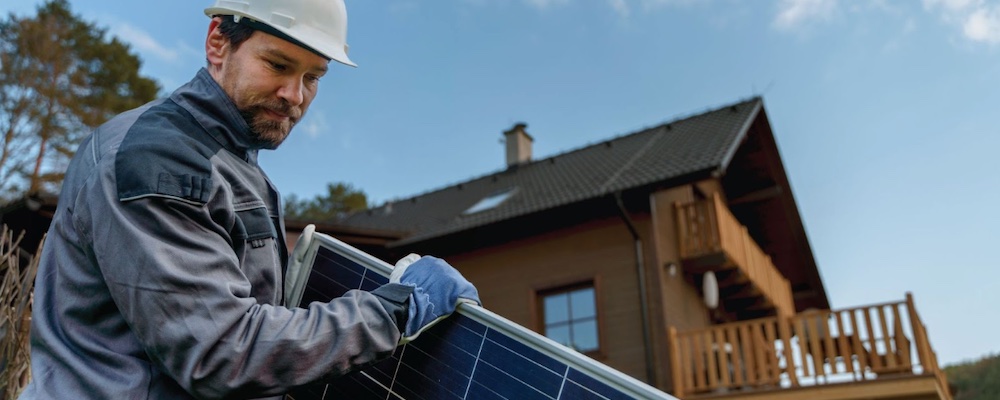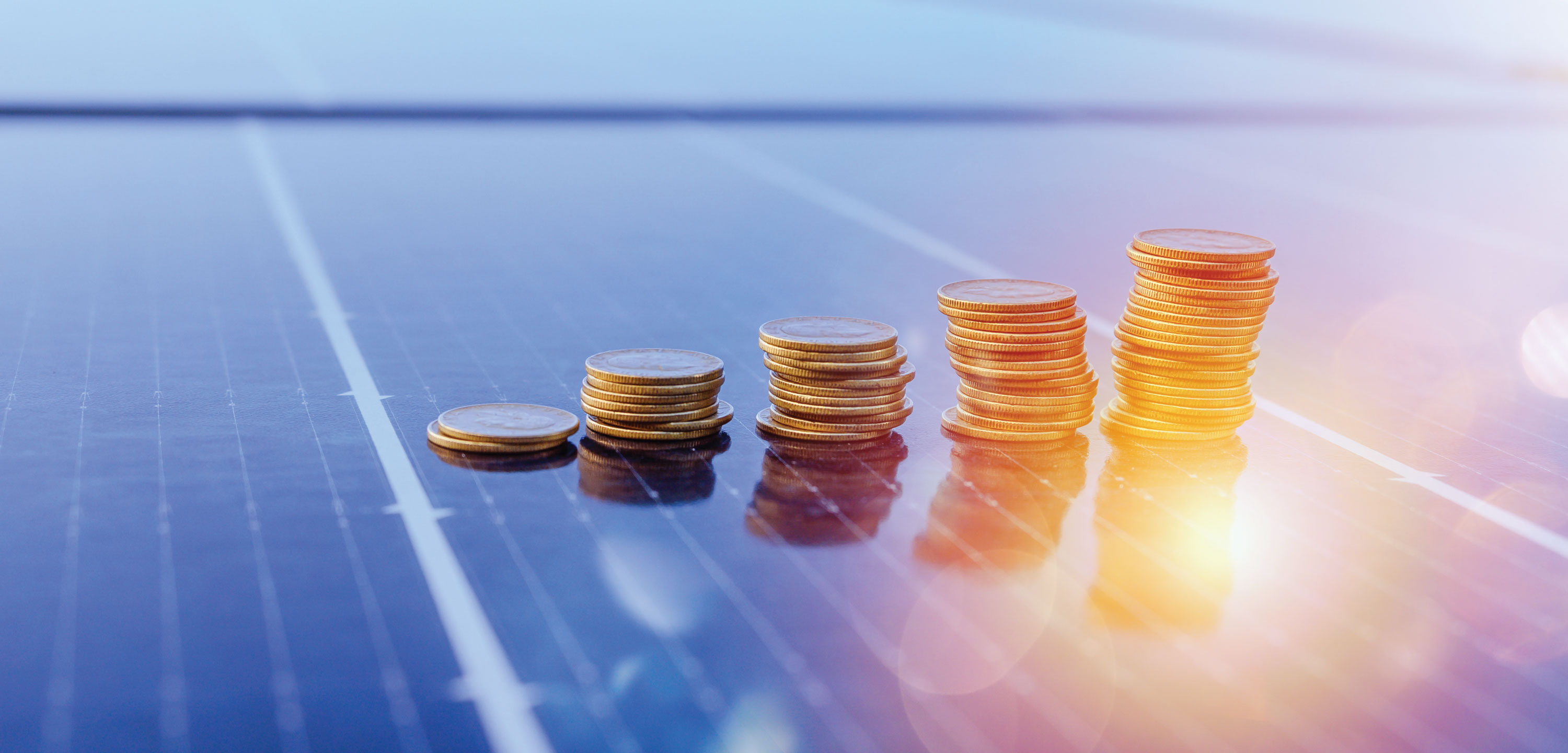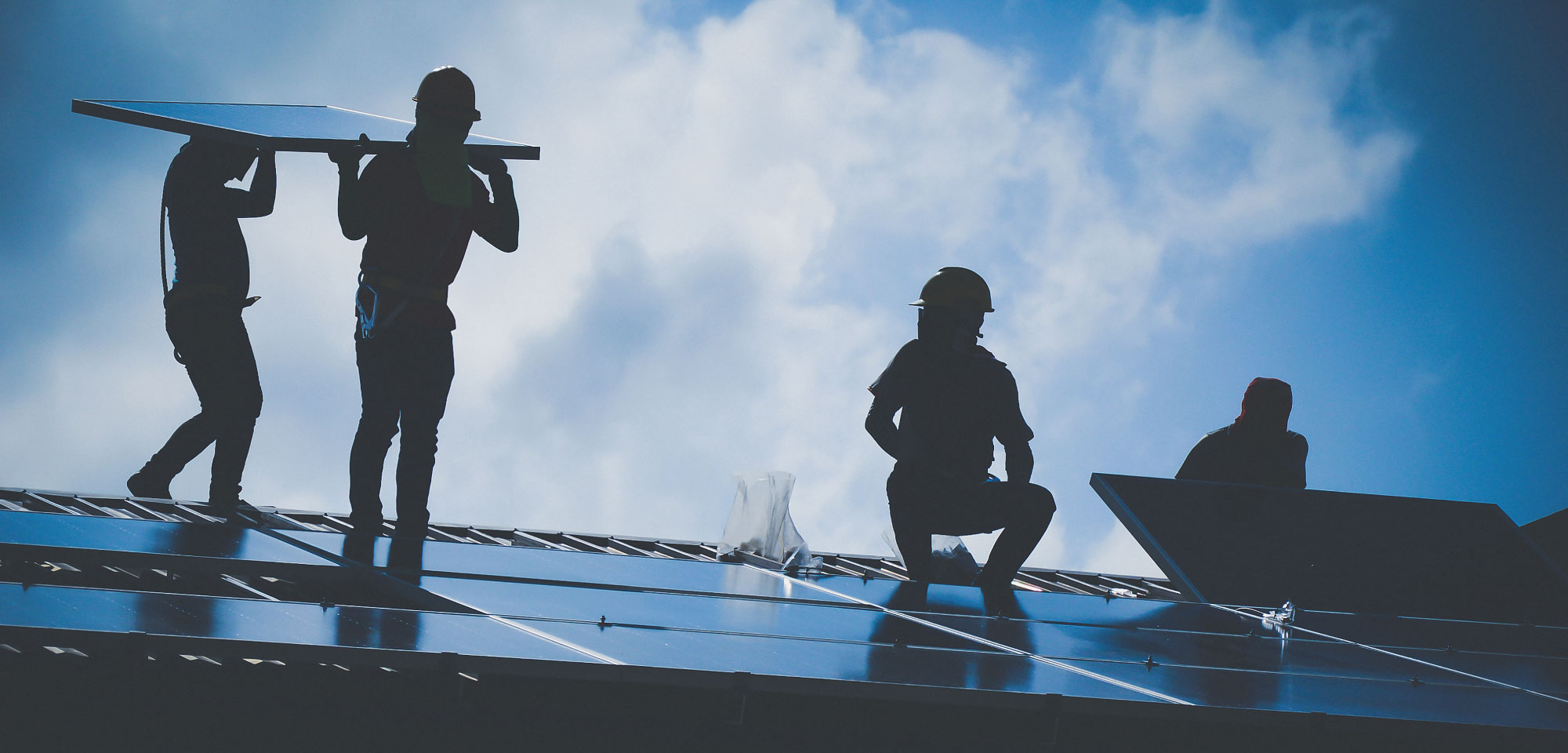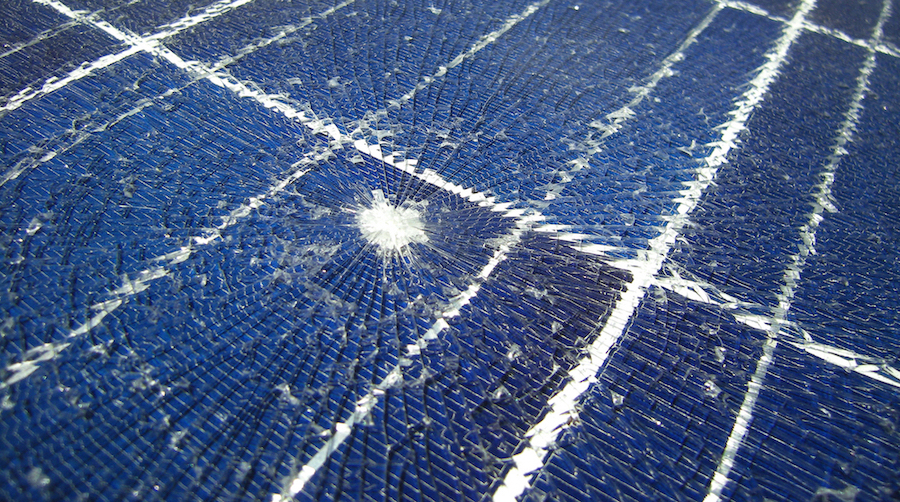Updated 2 weeks ago
Essential Questions to Ask Solar Companies Before You Sign a Contract
Written by
Ben Zientara

Find reliable solar companies in your area without the hassle
If you’ve done the research and decided that solar power is right for your home, it’s time to reach out to one of the best solar companies near you. They’ll do a survey of your home and any obstructions in the area around it, then give you an estimate that will show how many solar panels you need, how much they’ll cost, and how soon they’ll pay for themselves.
At this point, you’ll likely have a lot of questions, and you may not even know all the right ones to ask. That’s where we come in.
There are five main categories of questions to ask:
Questions about the company
Questions about solar equipment
Questions about money
Questions about the work being done
Questions about the future
Asking these questions will give you a clear picture of how the installer runs their business, their installation quality, the cost, performance, and savings to expect, and how the company can support you after the installation is complete. Let's take a closer look at the questions to ask a solar installer, so you can rest assured that you've done the right thing for your home.
7 questions about the installer

Get to know these folks before they get up on your roof.
Unless you’re choosing your sister-in-law’s new solar company because she’s trying to gain some experience, you should pick an installer with a good deal of experience under their belt. You should also make sure they’re licensed to work in your area and are insured against liability for mistakes and accidents.
Here are the questions you should ask a solar installer about themselves:
How long have you been in business?
How many solar systems have you installed?
Are you NABCEP-certified, licensed, bonded, and insured?
What is your business license number?
Can you share references of at least three satisfied customers?
How much experience do you have working with my local utility company?
Do you subcontract work on your systems, and if so, how do you ensure your subcontractors do a good job?
Satisfactory answers to these questions should put you at ease that the solar company is well-established and staffed by professionals. We strongly recommend choosing an installer who will ensure a NABCEP-certified professional will be on site at all times during the installation.
The last two questions in particular are important. Local utility companies all have different rules about how home solar energy systems will connect with their grid, and installers with experience know how to make sure things are done right to ensure that the process goes smoothly.
Subcontractors aren’t a bad thing; in fact, many solar energy companies use subcontracted roofers to attach solar racking systems and master electricians to do the final connection of the system to the electrical panel. Still, it’s good to get clarity on it, because top installers will be clear and forthcoming on this point.
If you use the solar calculator on SolarReviews to find installers near you, you can rest assured that you’ll be matched with certified pros with experience in the solar industry. Our site also has review pages for every installer with information on their certifications and verified reviews from real customers.
7 questions about solar equipment

Ask questions to make sure you’re getting the best solar equipment for your price point.
When it comes to solar equipment, most installers use high-quality brands with good warranty coverage and longevity, but it always pays to double-check.
You should be 100% sure that what you’re putting on your roof for the better part of the next three decades is built to last and compares favorably to other products on the market.
Here are the questions to ask about solar panels and other equipment:
Why did you choose the equipment you did?
What kind of system do you have on your own roof or business?
What warranty protection is available for the solar panels, inverter, etc?
What problems have other homeowners had with their solar equipment, if any?
Who do I contact if something goes wrong with my equipment?
How much would it cost to add a solar battery?
Do my solar panels need protection from animals?
A closer look at solar equipment
You can use these quick tips to help assess the answers you get from solar installers regarding the equipment they choose.
8 questions about money

When it comes to financial matters, it pays to check — and re-check — the numbers.
The biggest consideration for most homeowners is cost, and closely tied with that is savings. As we said above, a good solar installer should provide a quote with the total cost, estimated savings per year, and payback period. The quote should also include information on the incentives available to you, including the federal solar tax credit.
Here are the questions to ask about costs and savings associated with your installation:
How can I be sure I am eligible for the solar tax credit?
Are there other incentives, and how do they reduce or repay the cost of the system?
When are payments for the system due? Is the entire amount due at one time?
How long will it take for the solar panels to pay back their cost?
What rate of increase in utility costs do you use in your estimates?
What financing options are available?
Will the payments for financed solar panels increase over time?
Will solar panels increase my home value?
A closer look at solar incentives, savings, and financing
Asking these questions about how solar can save you money and how you can pay for it is important; understanding their answers is just as essential! Here's what you need to know to better understand what the installer tells you.
6 questions about the work being done

Once you’ve settled on the price and payment schedule, it’s time to think about the practical matter of getting this stuff on your roof and kicking out kilowatts.
Here are the questions to ask about the solar installation process:
What are the steps of the installation process?
How long will it take to complete the process, and what is the timeline?
What if you don’t finish the work on time?
What if the equipment in my contract isn’t available at installation time?
What guarantees do you offer for your work?
What happens if a leak develops well after the panels have been installed?
A closer look at the installation process
7 questions about the future

Know what to do in the unlikely event that one or more panels suffers damage.
Now that you’ve squared away info about how and when the system will be installed and how much it will cost, it’s time to think about what happens during all the years you’ll be harvesting energy from the sun.
Solar panel systems are meant to last for at least 25 years, but things can go wrong, and it pays to be prepared for if that happens.
Here are the questions you should ask about the future:
How will I be able to monitor the solar energy my system generates?
What happens if the solar panels don’t produce as much energy as you claim?
How long will my contract with the utility company last?
What happens if I need my solar panels removed to have work done on my roof?
What if a solar panel fails due to a manufacturing defect or breaks because of a storm or other natural disaster?
What if I want to add additional panels to my installation? What about a battery?
What happens if I move while still paying off the panels?
A closer look at post-installation services
Information the installer should give you in a quote
A good solar quote should contain enough information to make you feel confident that the installer knows what A good solar quote should contain enough information to make you feel confident that the installer knows what they’re doing and will provide you with all the information necessary to make a decision. It should answer more questions than it raises.
We always recommend getting quotes from more than one solar contractor so you can compare what each one offers. As you talk to different solar installers, you’ll start to get a feeling for which one will be your best long-term partner.
Here’s a rundown of all the information you should expect to see in a solar quote:

Solar quote must-haves
Solar panel make/model, and number of panels to be installed
Inverter or microinverter make and model
Total system size in kilowatts DC (kW)
Expected electricity production in kilowatt-hours (kWh) per year
Solar panel degradation rate over time (should be 0.5% per year or less)
Anticipated savings in dollars per year (with a clear number for estimated annual increase in utility rates)
Information about any solar incentives for which you qualify
Total system cost before and after incentives, broken down by dollars per watt
Details on any financing or solar loan, including upfront cost, monthly payments, and interest rate/APR
Information about warranties on equipment and workmanship
On a separate page: a satellite photo or 3-D representation of your roof showing proposed panel layout
Bonus info
Multiple options for panels/inverters at different price points
Comparison of solar costs vs. estimated utility costs over time
Details about the cost to add a home solar battery
Battery storage make and model (if any)
Information about solar production monitoring apps
As we said above, a good solar quote should answer the most important questions, like how much the solar panels cost and how much you’ll save. By reading the quote, you should then know all the essential information to determine whether the proposed solar installation will be a good financial investment.
The final word on asking a solar installer questions
Choosing to install solar panels on your home is a big deal, and if you’re like most people, you’ll want to make sure you’re making a smart choice and asking the right questions.
Whatever questions you ask, your installer should have a good, logical answer for you, and they shouldn’t have any problem answering. You can tell the difference between a good and bad installer by how willing and open they are about answering all your queries.
Solar panels represent the ideal of a low-maintenance product, and once yours are fully installed and activated, you may never have to contact your installer again. Still, you’re about to enter into a 25-year relationship with a company, so you should make sure they are ready to be there for you.
Ben Zientara is a writer, researcher, and solar policy analyst who has written about the residential solar industry, the electric grid, and state utility policy since 2013. His early work included leading the team that produced the annual State Solar Power Rankings Report for the Solar Power Rocks website from 2015 to 2020. The rankings were utilized and referenced by a diverse mix of policymakers, advocacy groups, and media including The Center...
Learn more about Ben Zientara